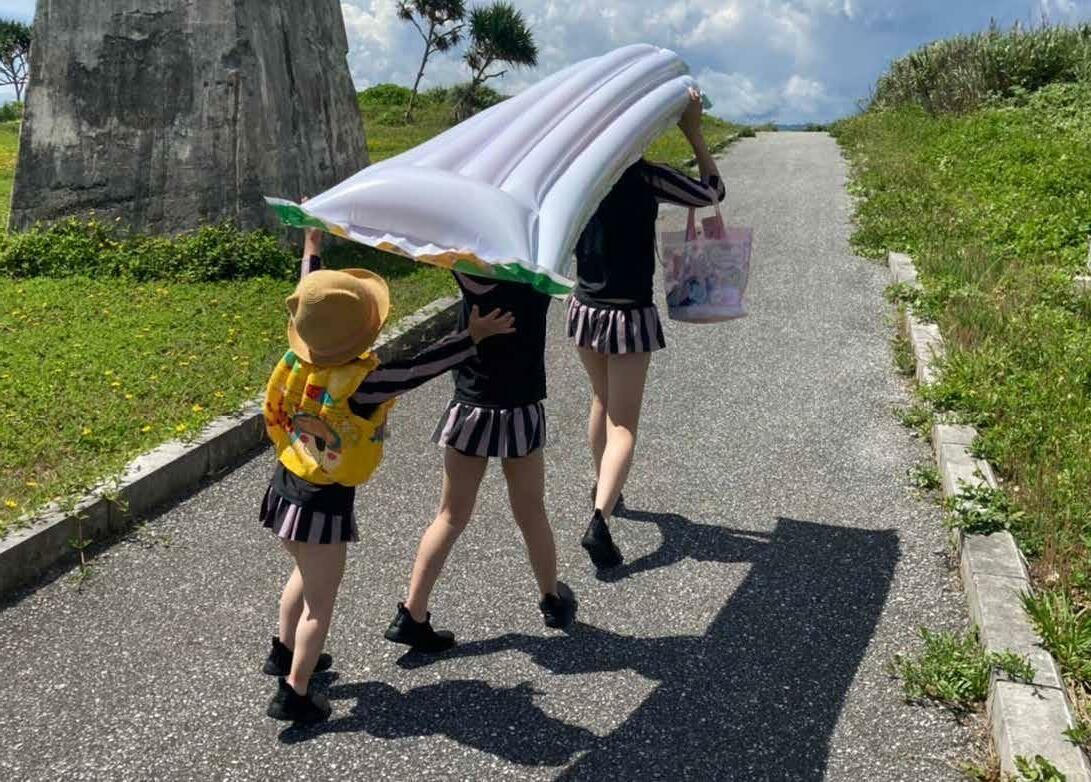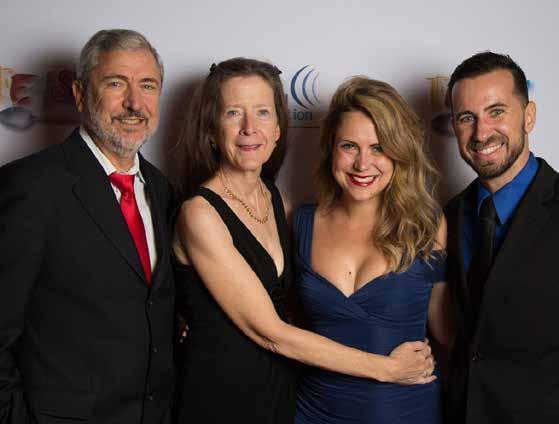Family Dynamics, Polsfuss-Style Each in their own way, Les Paul’s parents nurtured their son to change the music industry. By Sue Baker
Above, from left: George and Evelyn Polsfuss, Les Paul’s parents. Lester Polsfuss, who became Les Paul, with his mom Evelyn, circa 1924. Les and Evelyn. Les and his brother Ralph. Opposite page, top: Les and Evelyn at her 100th birthday party.
22
hearing health
Lester Polsfuss—later known as Les Paul—was the second child of George and Evelyn Polsfuss. They divorced when Les was quite young but they each, in their own ways, helped Les. In his memoir “Les Paul in His Own Words,” Les wrote that his father was “a good man, a great rascal and storyteller.” One could say that also describes Les. George gave Les the nickname “Red” because of his red hair. Les relayed how his father would bring home an assortment of strange gambling winnings. “He was something else, a real trip,” Les wrote. In the 1920s, when teenage Les wanted to build a cutting lathe to record his music, he went to his dad’s auto dealership where George’s mechanic helped Les build his first lathe. After George and Evelyn divorced, Les said his father settled down. It was George, along with Ralph, who invited Les and Mary Ford to perform at the opening of their jointly owned Club 400. Les said Ralph was handsome and outgoing, and the brothers were fond of each other, hhf.org
despite the age difference and their very different personalities. Evelyn Stutz Polsfuss loved both of her sons. Even when Les was a preschooler, she recognized his talent. She would arrange for her young son to perform for local fraternal organizations. Les was so tiny that they placed him on top of a table where he would sing, dance, and tell funny stories. “I did a lot of crazy, stupid things when I was a kid,” Les wrote in his book. “But rather than scold me, she always took pride in the fact that I was thinking creatively and had the initiative to do something.” While Les was still young, his mom gave him his first stage name, Red Hot Red. Les shared, “She always said, don’t look at the negative, look at the positive, and you can do it. And she shoved me out on stage the same way. ‘Go out and get ’em, Lester. Go out and get ’em.’” Les’s ferocious curiosity meant Evelyn was always answering questions. When she did not know an answer, she would take Les to














